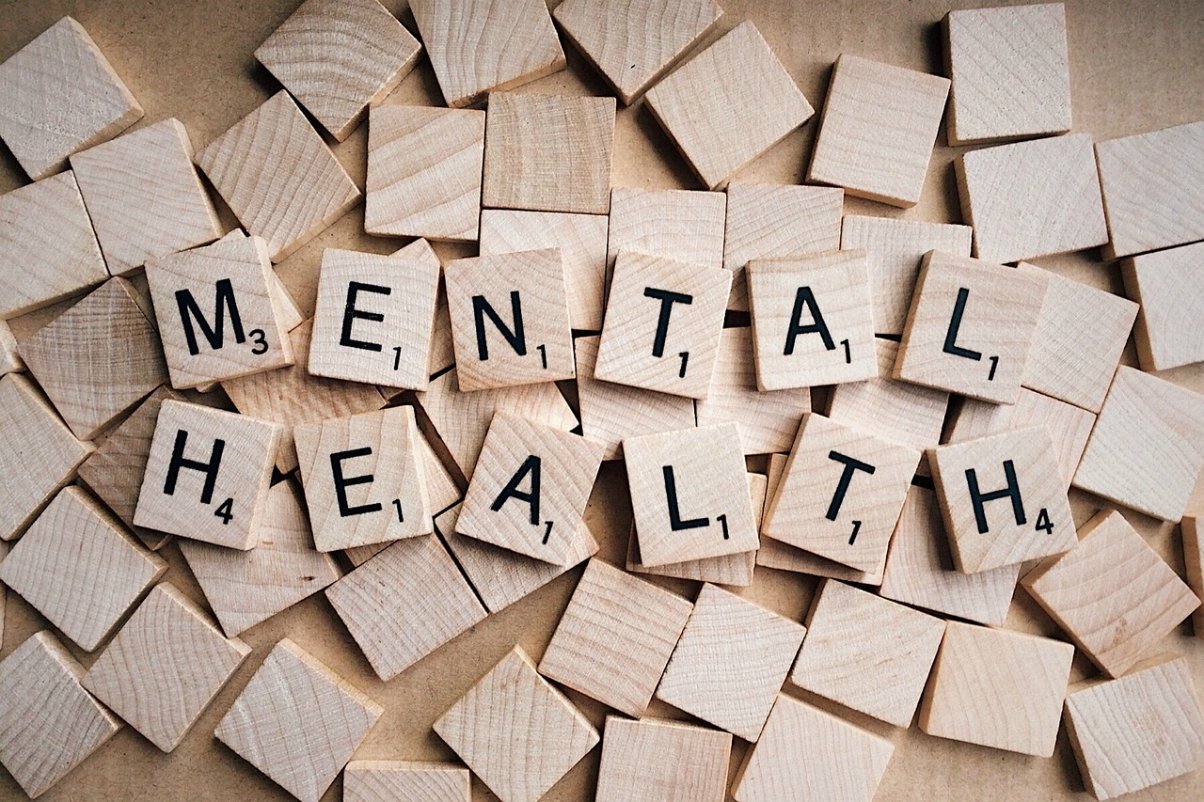
Seeing a therapist for mental health issues can feel quite daunting, but compared with the thought of seeing a psychiatrist, there seems to be more social stigma attached to going down the psychiatric route. My own personal incorrect perceptions of psychiatry are that they are expensive and for people with serious mental health issues. So, in a way the whole term psychiatric therapy can have its own shame stigma added to an already stigmatised life experience, that of mental health issues as a whole.
I first came across psychiatry when a family member was diagnosed with schizophrenia. His view of reality was very different from the way the rest of us perceive it. His condition involved entering people’s homes thinking it was his home, revealing himself in public to walking down motorways in his pyjamas, truly believing that he was going to see the Queen. While it may sound amusing, it is honestly a harrowing experience to not be in touch with reality as it is, and to perceive life in this way.
Having experienced depression and anxiety, I saw a therapist in the early days, but never a psychiatrist. I think the movie industry has given the wrong impression of this important mental health care by misrepresenting the profession as led by stale, stiff humans, who sit on gilded chairs, looking down at patients over half moon spectacles on the ends of their noses, much like Sigmund Freud, but modern day psychiatry is nothing like this. It is a more relaxed approach where psychiatrists may consult with patients in jeans and a t-shirt, doing everything possible to make people feel at ease.
What’s the Difference Between A Psychiatrist, Psychologist and Psychotherapist?
A psychiatrist must complete four or five years study to obtain a medical degree, followed by Foundation Training lasting two years, the same as any other doctor. Then the speciality of psychiatry would be selected with three years Core Training, followed by three years Higher Training.
Psychiatric medicine is devoted to the diagnosis, prevention and treatment of mental disorders. It also involves the study of physical health problems as well as mental health.
Psychiatrists tend to be present at hospitals or may be called in to local GP surgeries or community mental health services when needed.
With psychiatric training the focus tends to be on the physical treatments of mental health, like medicine.
A psychologist is someone who has studied psychology, and this includes focusing on behaviour, thoughts, feelings and motivations behind our actions as opposed to the more physical focus that a psychiatrist would bring.
They work in similar places to psychiatrists, but tend to work in a team with many healthcare professionals, which can include psychiatrists, social workers and other health-care providers.
A psychotherapist is more involved in talk therapy. Sometimes they are called therapists and sometimes counsellors, but a counsellor is a different type of psychotherapist.
Psychotherapists can specialise in different types of therapy, which can range from CBT (cognitive behavioural therapy) to DBT (dialectical behaviour therapy) or they may know more about certain types of mental health symptoms.
Why Do People Feel Shame About Seeing A Psychiatrist?

For many reasons, there are still some outdated views on the world of psychiatry, but many who visit or talk to a psychiatrist often wonder why they waited so long because of the specialist help they received. It is thought that all they do is hand out pills, but this is not the case A thorough investigation takes place before this is even considered and psychiatrists may also see if another type of therapy would be more appropriate before prescribing medication.
I think there is also an impression that consulting a psychiatrist will be overwhelming and that you have to lie on a couch baring your soul, which can feel intimidating to many who may find this particularly scary.
In this modern day, other ways of getting help with mental health are appearing. One specific way Is through technology. Talkspace is an online therapy app. that is proving to be really popular. Where many people may not be able to see a therapist where they live, or perhaps don’t want to go to see someone in person for any number of reasons, this app. helps calm the anxiety around getting help for mental health issues.
Recently I found out that Talkspace are working towards having psychiatrists available on their app. also, so there would be no need to go to the psychiatrist’s office, instead you would be able to get this kind of help in the comfort of your own home. I can only imagine the benefits of this for people who may be suicidal or have deeply depressive episodes. And functioning adults who suffer from schizophrenia would have the peace of mind of a psychiatrist on hand when necessary. Obviously, some people may need in-person psychiatry, like my uncle, but with the worldwide web, the way we live is changing and this is a positive change in reducing the stigma that surrounds mental health issues in society. I hope they get the go ahead and that it happens.
What has your experience been of psychiatry?

This was a really helpful article thank you – i never knew the differences – I am currently seeing a therapist not a Psychiatrist and I haven’t seen one…yet – where i live they have online therapy, short term therapy and longer term more specialised treatment which I am heading towards. I never knew the difference between the different disciplines so this has really helped me to understand. I agree with the mental health stigma; in my job despite the high pressures it is frowned upon to be mentally sick as I have found out despite the emotive nature of my role. I would not discuss my mental health issues openly at work because I would be afraid of being outcasted as not being able to handle the stress of the job and this would affect my career prospects – sad but true… for all those out there suffering though try online therapy if thats not for you they will signpost or refer you on for sure as they did with me. I think it is a positive step that so many early intervention/self referral services are available – IAPT (Improving Access to Psychological Therapies) has been all over the UK for a while now and is open to all. Services like this help break down mental health stigma so there is no need to suffer in silence
Author
Thank you for sharing your thoughts
How can so called “mental disorders” be real if there are no objective lab tests such as MRI or PET scans or blood tests that can physically prove their existence beyond all reasonable doubt?
Author
Why would you need scientific data to prove this? Surely your own experience that your mental health was causing issues would be enough.